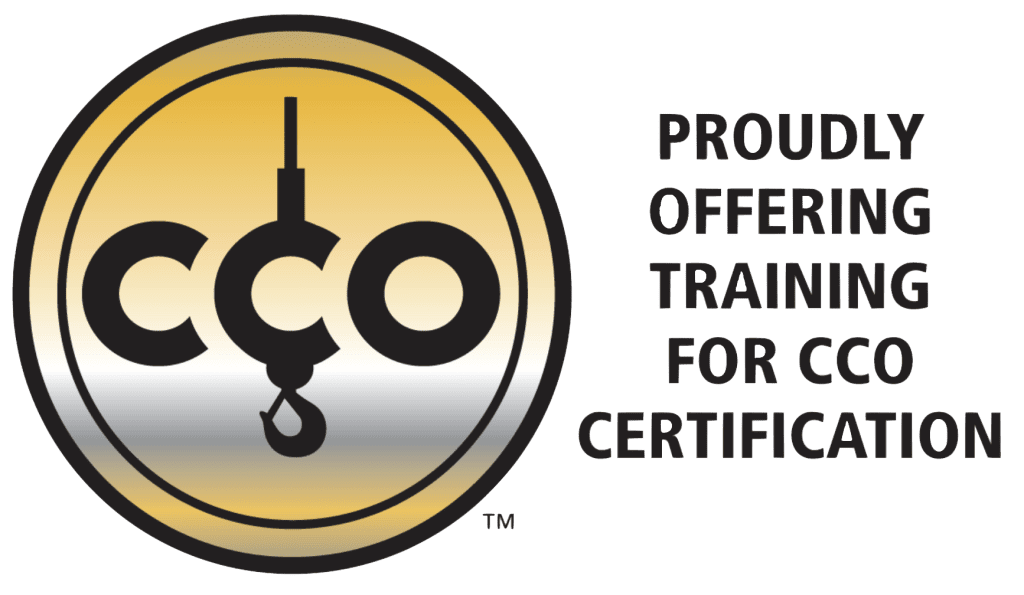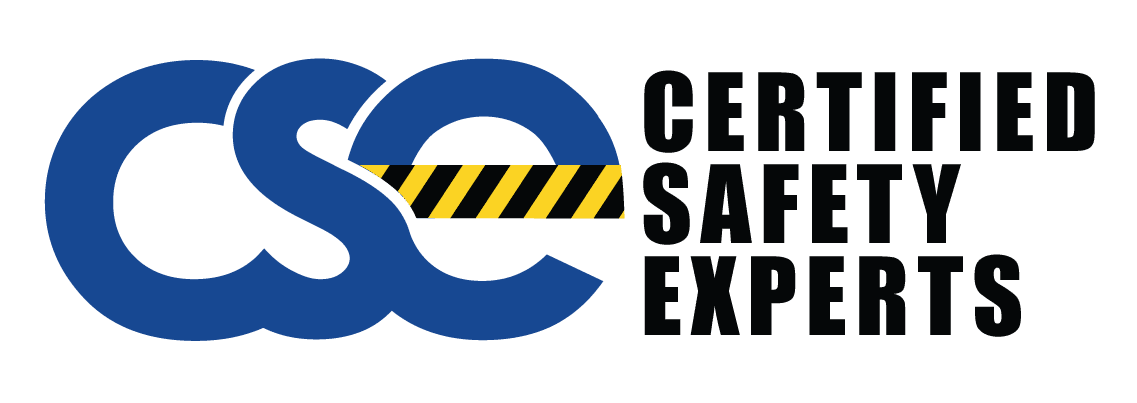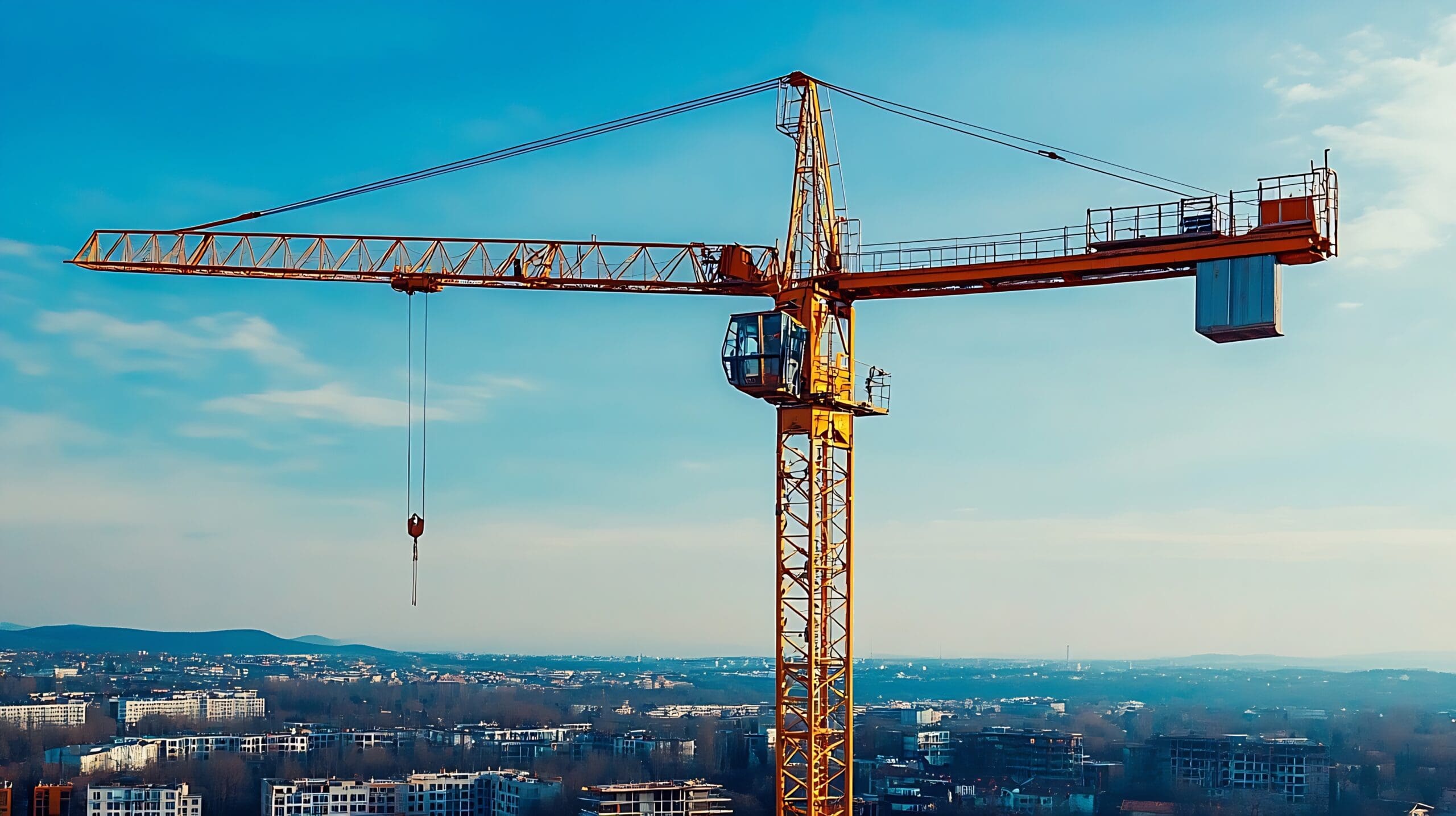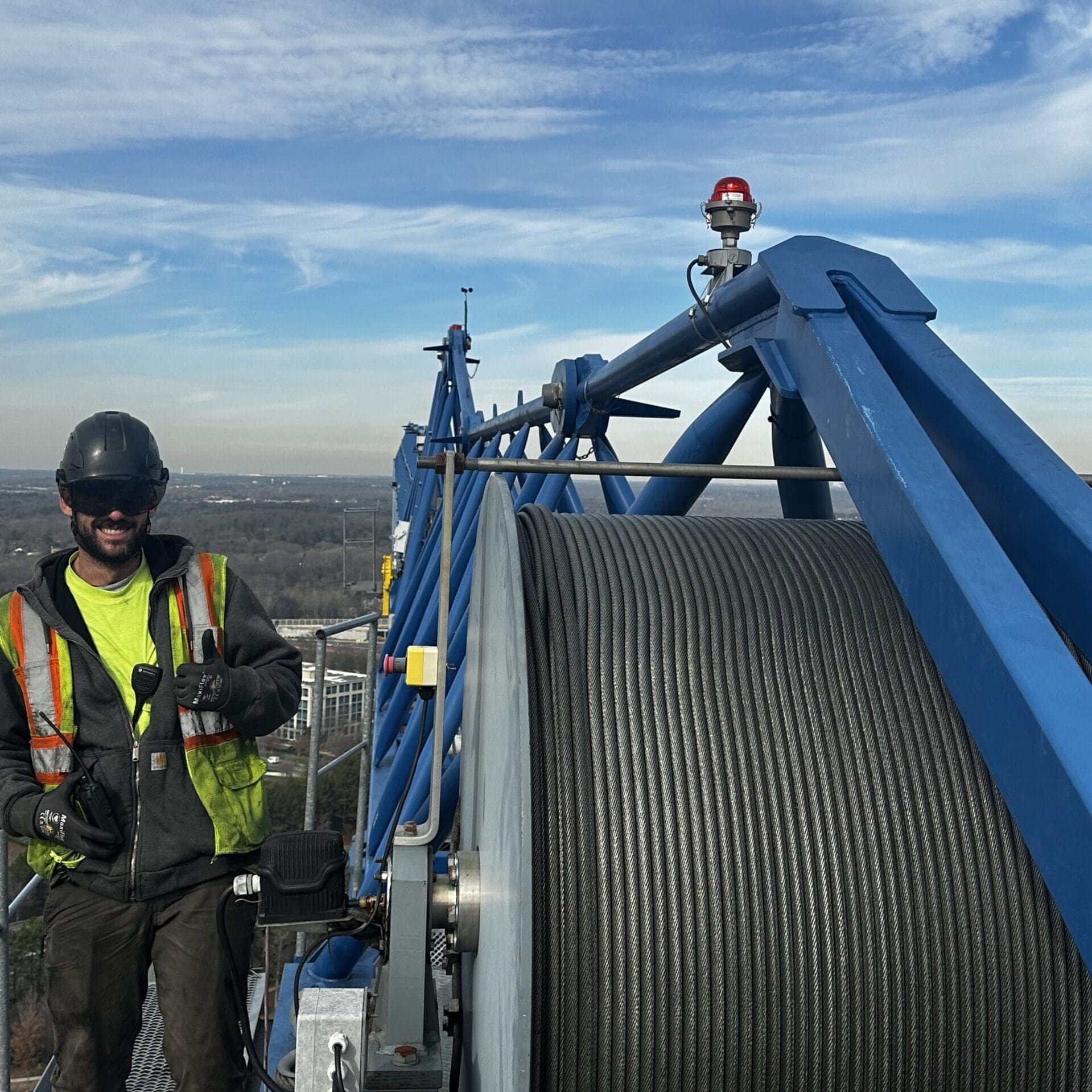Ever thought about becoming a top certified crane operator in the US? The right crane operator training is key. It opens doors to a rewarding career and keeps the workplace safe and efficient.
In the US, there are many crane certification programs and specialized courses. They’re made to meet the needs of the construction and industrial worlds. These courses are crucial for those wanting to work with cranes.
Key Takeaways
- Becoming a certified crane operator is vital for career advancement and safety on the job.
- Crane operator training in the US offers various courses to match industry standards.
- The right crane certification program can make you stand out in a crowded job market.
- Good training leads to better efficiency, accuracy, and adherence to safety rules.
- Quality training is essential for both new and seasoned crane operators.
Top Crane Operator Training Schools in the US
Aspiring crane operators have many top schools to choose from across the United States. These schools offer detailed programs to help students get the skills they need for a career in crane operations.
Nationwide Crane Training Facilities
Many nationwide crane training facilities offer specialized courses for different needs. The National Commission for the Certification of Crane Operators (NCCCO) and Crane Institute of America are well-known for their quality training. They cover both theory and practical skills to ensure students learn everything they need.
- National Commission for the Certification of Crane Operators (NCCCO)
- Crane Institute of America
- Associated Training Services (ATS)
- International Union of Operating Engineers (IUOE) Training Centers
Choosing a reputable crane operator school with nationwide training is a smart move for a career. These schools make their programs available in many states. This makes it easier for students to find a location that works for them.
Accreditation and Certification Programs
When picking a training program, look at accreditation and certification. Schools like NCCCO and Crane Institute of America are accredited by respected bodies. This means their training meets high standards.
Getting certified from an accredited school boosts job chances and shows the operator’s skill and commitment to safety. Students finish the program with tough exams to prove their knowledge and skills. They get a recognized certification if they pass.
- NCCCO Certification
- Crane Institute Certification
- IUOE Certification
- ATS Certification
Choosing a crane operator school with accredited and certified courses prepares future operators well for the industry. These programs give a solid base for a successful career in crane operations.
Mobile Crane Training Programs
Mobile crane training programs teach important skills for safe and efficient crane operation. They cover both practical and theoretical parts for a full learning experience.
Course Content and Structure
The course content includes key topics like:
- Basic crane operations
- Safety protocols and regulations
- Load chart interpretation
- Rigging practices
- Signal person duties
The program structure mixes classroom learning with hands-on training. This way, students learn theory and get practical experience with experienced trainers.
Benefits of Mobile Crane Training
The benefits of training are many and significant. Trainees can look forward to:
- Better job chances and career growth.
- Improved efficiency and safety on the job site.
- More confidence in using cranes at different work sites.
- Following industry standards and laws.
Mobile crane training gives operators the skills to do well in tough work settings. It’s a smart choice for both workers and employers.
OSHA Crane Operator Certification
The Occupational Safety and Health Administration (OSHA) crane operator certification is key for safe work. It protects the crane operator and everyone around them. Let’s look at what OSHA needs and why this certification is important.
OSHA Requirements
OSHA has strict rules for crane operator certification. First, operators must complete a detailed training program. This training covers safety rules, how to use the equipment, and what to do in emergencies.
Then, they must pass a written test. This test checks their knowledge of OSHA rules and how to follow them.
Why OSHA Certification Matters
Getting OSHA crane operator certification is very important. First, it makes sure you follow the law, which is a must in the U.S. Not following the rules can lead to big fines and legal trouble.
Second, it makes the operator look more credible. It shows they care about safety. Lastly, it gives operators more job chances. Employers prefer OSHA-certified operators because they know they are safe and professional.
Overhead Crane Operator Courses
Overhead crane operator courses are key to making sure people know how to use complex machines in work places. They teach the basics of how cranes work, making sure work is safe and efficient.
Core Competencies Covered
These courses focus on key skills. They teach about crane parts, how to use them, and following safety rules. They also cover regular checks and fixing problems to keep cranes working well.
- Understanding crane mechanics and components
- Mastering operational procedures and controls
- Adhering to safety and regulatory standards
- Performing routine maintenance and troubleshooting
Advanced Training Opportunities
For more skills, there are advanced courses. These go deeper into things like handling loads carefully and what to do in emergencies. They also help prepare operators to lead and teach others.
- Specialized techniques and precision load handling
- Emergency response and safety protocols
- Leadership and supervisory skills in crane operations
- Mentoring and training new operators
By taking both basic and advanced courses, crane operators stay up-to-date with the latest in their field. This helps make workplaces safer and more productive.
Rigging and Signaling Training
Rigging and signaling training is key for safe and efficient crane work. It covers important skills like communication, coordination, and technical know-how. These skills are vital for doing crane work well.
Those who take this training learn a lot. They get to know:
- How to use rigging techniques correctly.
- Hand signals and radio communication for cranes.
- How loads move and balance to avoid accidents.
- How to spot dangers and stay safe.
Having good rigging and signaling skills is very important. It helps crane operators and ground teams work together safely. This training helps people get the skills they need for smooth operations.
This training mixes theory with real-world skills. It helps make crane operations safer and more successful. So, it’s a must for companies that want to keep projects safe and on track.
Importance of Crane Safety Training
Crane safety training is key to success and safety on the job. It gives operators the knowledge and skills to avoid accidents. This keeps people and equipment safe from harm.
Essential Safety Protocols
Crane safety training includes essential safety protocols that operators must know. These include:
- Routine equipment inspections before use.
- Proper load handling and weight distributions.
- Clear communication and hand signaling techniques.
- Understanding and mitigating environmental hazards.
- Emergency response and readiness.
Learning these protocols helps make the work area safer. It greatly reduces the risk of accidents.
Case Studies of Safety Training Impact
Looking at case studies shows how safety training changes crane work. For example, a big construction site saw a 35% drop in accidents after introducing detailed crane safety training. These stories prove that investing in good training is smart and pays off big.
Using careful safety steps through training creates a safe and efficient work culture. This leads to the success of crane operations.
Pathway to Becoming a Certified Crane Operator
The journey to become a certified crane operator has key steps. These steps make sure candidates are ready for this important job.
- Meet Prerequisites: To start, applicants must meet certain requirements. They need to be at least 18 years old, have a valid driver’s license, and a high school diploma or GED.
- Complete Training: Next, sign up for a crane operator training program. These programs offer both hands-on experience and classroom learning. They are key to becoming certified.
- Pass the Written Exam: Candidates must pass a written test. This test checks their knowledge of crane operations, safety, and industry rules. It’s a big part of the career path.
- Practical Examination: Passing a practical skills test is also needed for certification. This test shows the candidate can operate cranes safely and well.
- Obtain Certification: After passing the written and practical exams, candidates get their certification. They are now certified crane operators, ready for career growth.
Getting certified is just the start. Professional growth continues with ongoing learning and training. Operators can move up to supervisory roles, become trainers, or work with complex cranes. The career path values learning and skill improvement to keep up with new technology and standards.
Conclusion
Becoming a skilled and certified crane operator is a challenging yet fulfilling path. We’ve looked at key parts of top-notch crane operator training in the U.S. Choosing the right training school and knowing about OSHA rules are crucial for safety and doing the job well.
Getting a certified crane operator certification is more than following the law. It’s a key step to move forward in the lifting and handling industry. Courses cover mobile crane use, overhead crane skills, and strict rigging and signaling training. These skills are needed to do well in this field.
Putting a focus on OSHA rules and safety training shows a dedication to both personal growth and a safe work environment. For those looking to boost their careers, joining a certified crane operator program is a big step towards being the best. Start your career growth by signing up for a trusted crane operator course today. For more info or to set up a service, call (919) 326-3742 for personalized advice.
